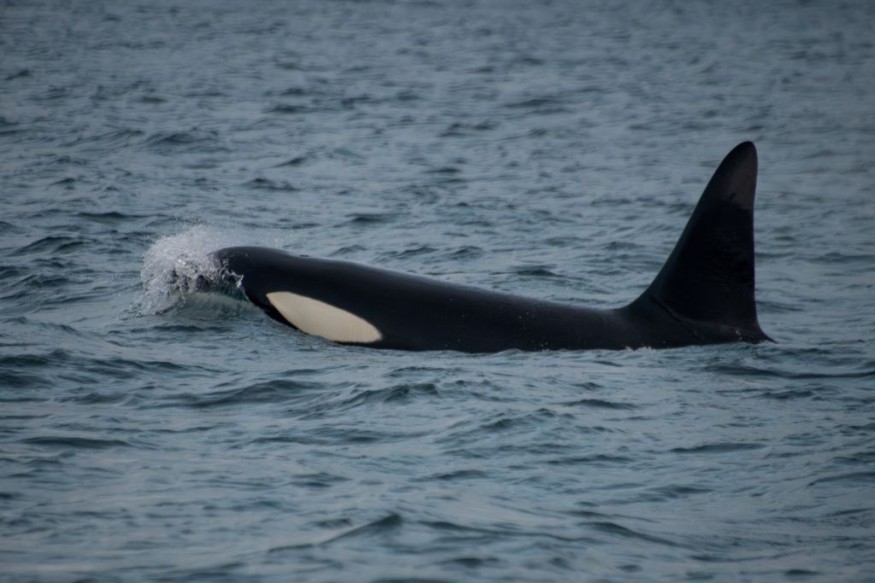
Tahlequah, the orca who touched hearts worldwide in 2018 by carrying her dead calf for 17 days across 1,000 miles, has given birth again.
The new calf, a female designated J61, was spotted swimming alongside her mother in the Puget Sound area off Washington state. This news brings cautious hope to conservationists tracking the endangered southern resident killer whale population.
Tahlequah's New Calf Sparks Hope Amid Worries for Southern Resident Orcas
The birth, confirmed by the Center for Whale Research, comes at a time of struggle for these orcas, the only US-listed endangered killer whale population.
Tahlequah, also known as J35, previously gave birth to a healthy calf in 2020, a rarity given that 70% of orca pregnancies result in either miscarriages or calves that do not survive, CBS News reported.
While the sighting of J61 is cause for celebration, researchers have expressed concerns about the calf's health. Early observations indicate that the calf might have been born prematurely, as noted by the Seattle-based Orca Conservancy.
Reports also mention the calf being pushed by its mother and not appearing as active as expected. However, experts caution that calf behavior is not yet fully understood.
The southern resident killer whale population faces a precarious future. With fewer than 80 individuals counted in recent years, every birth is critical.
Orca Calf's Birth Highlights Urgent Need for Salmon Habitat Restoration
According to Newsweek, these whales depend heavily on Chinook salmon, which has declined in availability due to habitat loss, overfishing, and damming of rivers in the Pacific Northwest.
Conservation groups emphasize the urgent need for salmon habitat restoration and rational fisheries management to ensure the survival of these whales.
In 2018, Tahlequah's grieving journey highlighted the plight of her species, bringing global attention to their challenges. The emotional resonance of her act underscored the bond between orcas and their young, as well as the dire need for conservation efforts.
As researchers monitor J35 and her calf, they hope Tahlequah's experience as a mother will improve the chances of J61 surviving the critical first year of life. Conservation groups like the Center for Whale Research and Orca Conservancy continue to advocate for measures to protect these iconic marine mammals.
The birth of J61 is a bittersweet reminder of both the resilience and vulnerability of these whales. Tahlequah's story, now with a new chapter, reinforces the importance of preserving the ecosystems they depend on, ensuring a future for these magnificent creatures.
© 2025 NatureWorldNews.com All rights reserved. Do not reproduce without permission.





